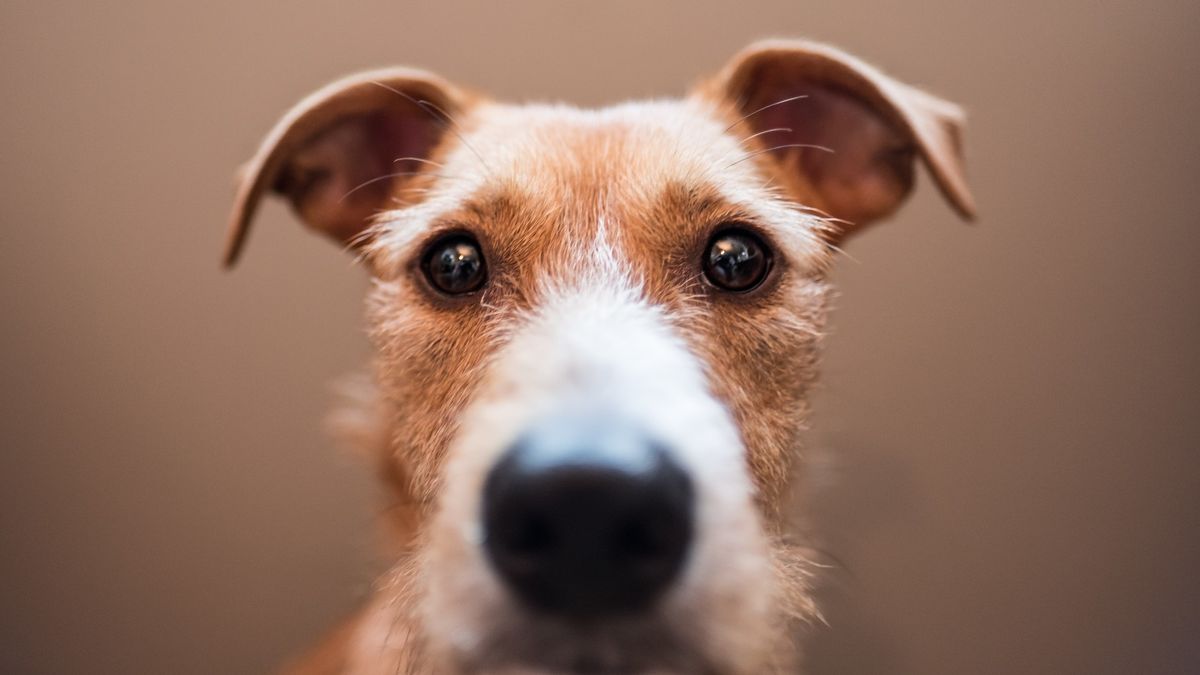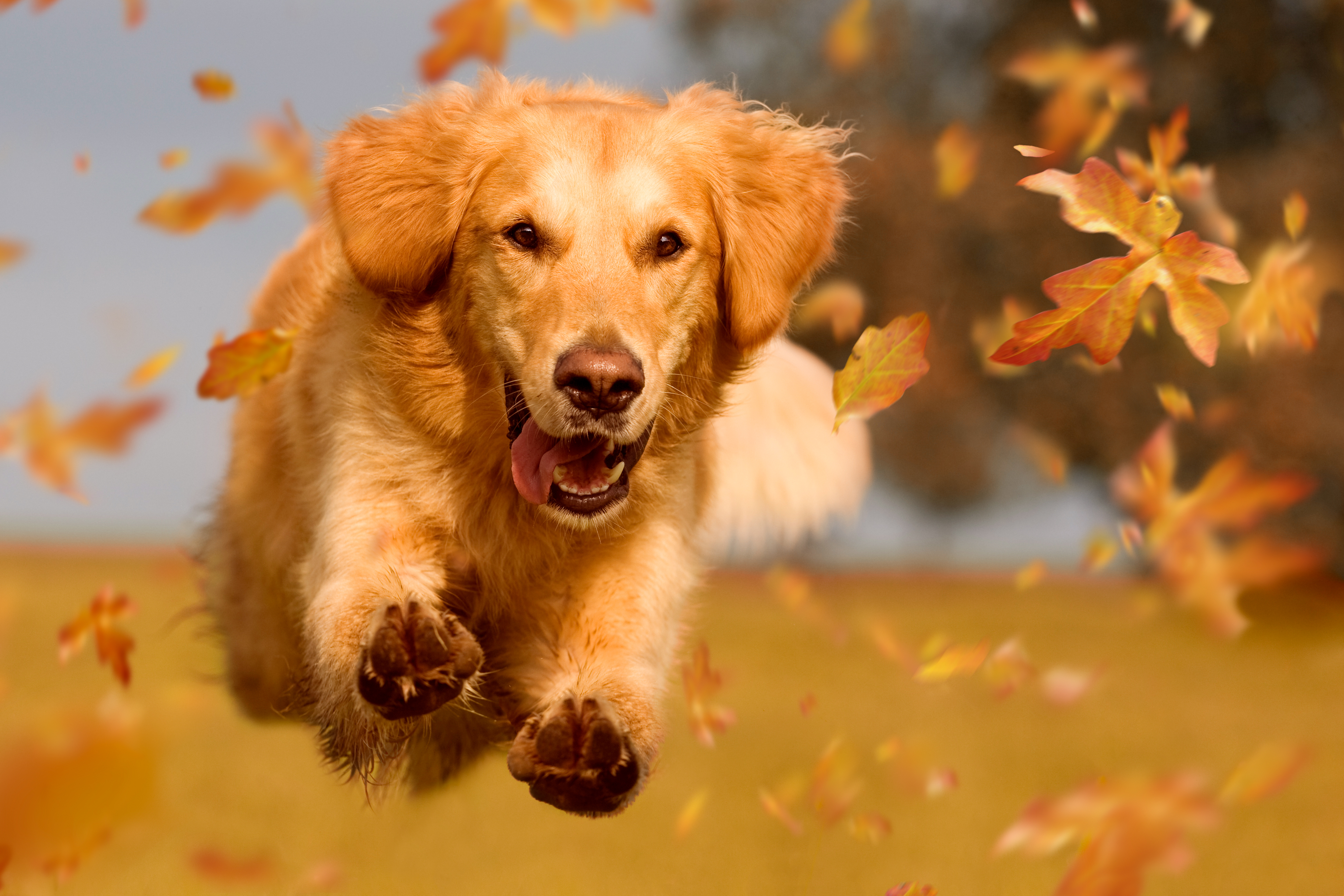List of Dog Breeds - Petfinder for Beginners

10 Simple Techniques For Therapy Dog - Therapy Dog Organizations
/__opt__aboutcom__coeus__resources__content_migration__mnn__images__2014__06__shutterstock_64983883-3801a7a9fc014d719036edaf33a31189.jpg)
For every single animal conserved, many others are still suffering. By stepping up for them, you can produce a future where animals no longer need to suffer in puppy mills, factory farms, screening labs or other heartbreaking situations. Start saving lives today!
Typical Name: Domestic canines, Taxonomic name: Canis familiaris, Type: Mammals, Diet Plan: Omnivore, Group Name: Load, Typical Life Span In The Wild: 12 years, Size: 5 to 35 inches at the shoulder, Weight: 3 to 250 pounds, Size relative to a 6-ft male: IUCN Red List Status: Not examined Least Issue Extinct Current Population Trend: Unidentified, What is a domestic canine? The term "domestic pet" refers to any of a number of hundred types of pet dog on the planet today.

How Dogs Evolved Into 'Our Best Friends' : NPR

How canines capture your heart: scientists explain puppy dog eyes - Animal behaviour - The Guardian
This separates domestic pets from wild canines, such as coyotes, foxes, and wolves. Domestic pet dogs are mostly kept as pets, however numerous types can surviving on their own, whether it remains in a forest or on city streets. A 3rd of all families worldwide have a pet, according to a 2016 consumer insights study.
Office Triggers Anxiety Attacks—for the Dogs Left Alone at Home Fundamentals Explained
Evolutionary origins, All dogs descend from a types of wolf, but not the gray wolf (), like lots of people presume. In truth, DNA proof recommends that the now-extinct wolf forefather to modern-day pet dogs was Eurasian. Nevertheless, Also Found Here are still working to understand precisely what species generated canines. When canines broke off from their wild ancestors is likewise a matter of mystery, but genetics recommend that it took place between 15,000 and 30,000 years back.
Possibly wolves began down this course merely by eating human scraps. Lots of generations later on, humans might have motivated wolves to hug by actively feeding them. Later on still, those wolves may have been invited into the human home and eventually bred to motivate certain traits. All of this is believed to have actually unfolded over countless years.

7 Canadian Dog Breeds That Are as Sweet as Maple Syrup - PureWow
For circumstances, around 9,500 years ago, ancient peoples began breeding canines that were best able to make it through and operate in the cold. These canines would become the family of sled dogsincluding types such as huskies and malamutesthat remains relatively the same today. Similarly, people reproduced German shepherds for their ability to herd livestock, Labrador retrievers to help collect ducks and other video game dropped by hunters, and sausage-shaped Dachshunds for their ability to rush down a burrow after a badger.
